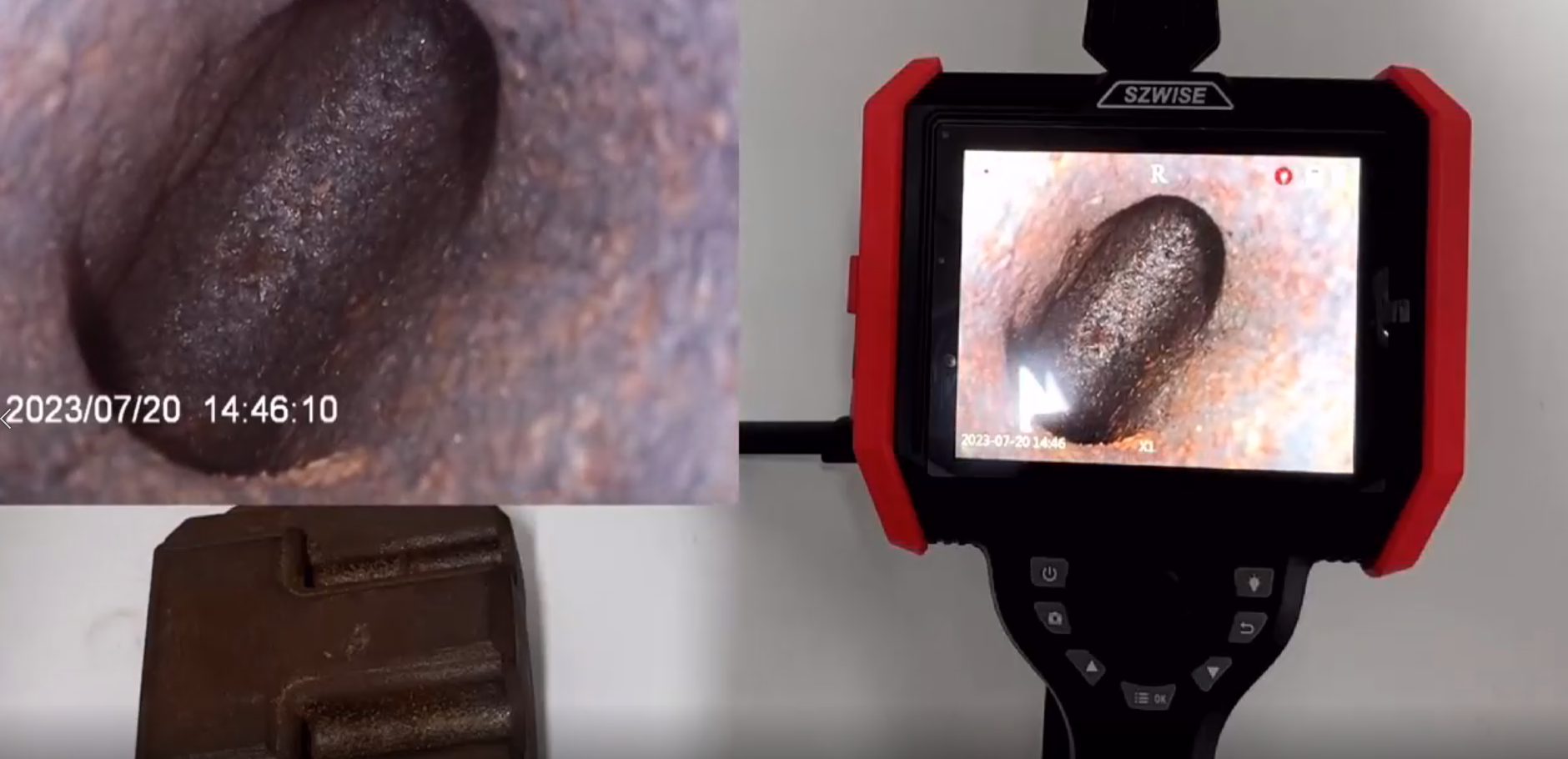Industrial endoscopes are essential tools for inspecting and maintaining equipment, pipes, machinery, and other hard-to-reach components. Proper maintenance of industrial endoscopes is crucial to ensure their performance and longevity. Here are some basic guidelines for the maintenance of industrial endoscopes:
1.Cleaning the Endoscope:
2.Thoroughly clean the endoscope before and after each use to ensure clear imaging.
3.Use a clean, soft, non-fiber-shedding cloth to wipe the lens. Avoid using rough or abrasive materials.
4.Use an appropriate cleaning solution following the manufacturer's recommendations. Generally, specialized optical lens cleaning fluids can be used.
5.Avoid Impact and Damage:
6.Industrial endoscopes usually have some level of waterproof, dustproof, and shock-resistant capabilities, but handle them with care to prevent damage.
7.Avoid impacts or dropping the endoscope onto hard surfaces to prevent lens or internal component damage.
8.Storage of the Endoscope:
9.When not in use, store the endoscope in a dry, clean place, away from moisture, high temperatures, or harsh conditions.
10.Use the protective case or box provided by the manufacturer to store the endoscope to prevent dust and damage.
11.Regular Calibration and Maintenance:
12.If the endoscope has replaceable parts like bulbs or lenses, inspect and replace damaged components regularly.

13.Ensure the focus and lighting systems of the endoscope are functioning correctly. Calibrate or repair when needed by contacting the manufacturer or professional repair services.
14.Safe Operation:
15.Follow the endoscope's user manual and instructions for safe operation.
16.Use appropriate personal protective equipment such as gloves and safety goggles to reduce potential risks.
17.Regular Inspection and Testing:
18.Periodically perform functional tests on the endoscope to ensure image quality and focus are normal.
19.Inspect the cables and connections to ensure they are intact and undamaged.
20.Operator Training:
21.Ensure that personnel operating the endoscope receive proper training on how to use and maintain the equipment correctly.
Maintaining industrial endoscopes can extend their service life and ensure that they consistently perform at their best. Following the manufacturer's recommendations and the maintenance steps mentioned above can help maintain the equipment's reliability while also reducing potential repair costs. In case of any issues or the need for repairs, it is advisable to contact the manufacturer or professional repair services to ensure that the equipment receives the correct maintenance and repair.
